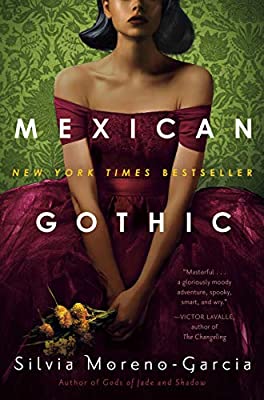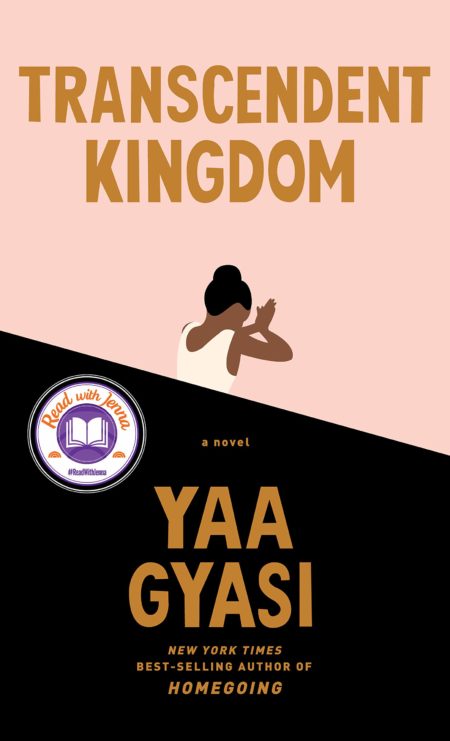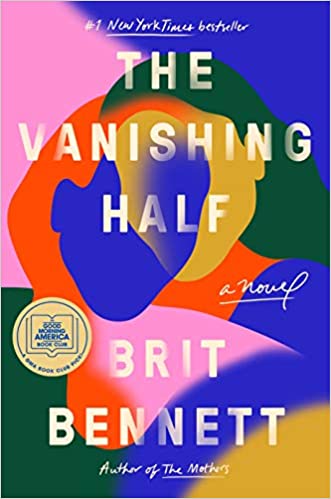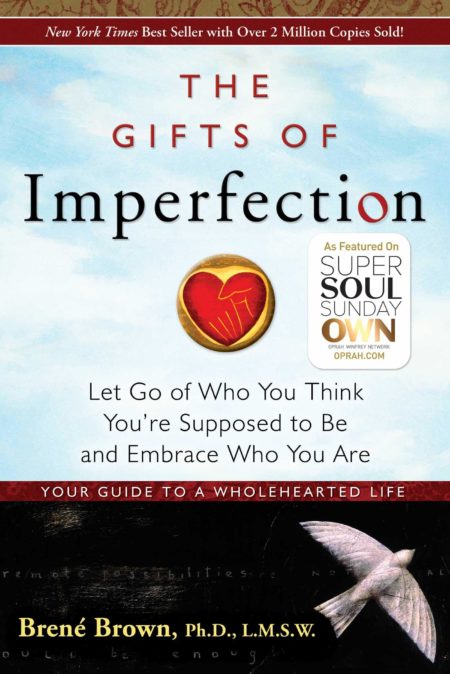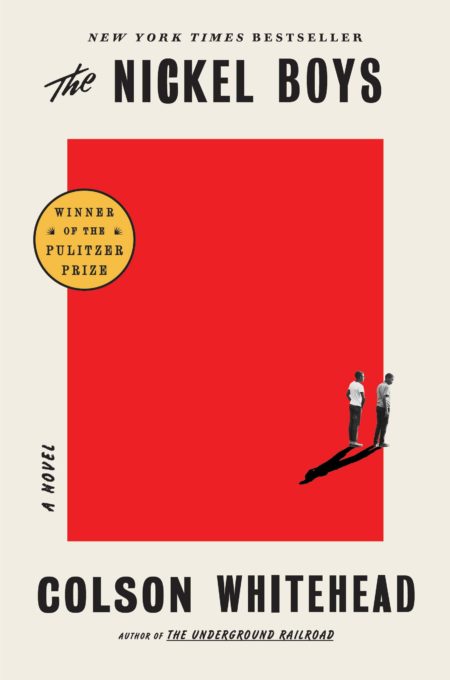It’s been a year. Literally. But also a year, if you know what I mean. As much as this year has hurt me and hurt the world, I did read a lot of really great books! I even encountered some of my favorite books of all time this year. Granted, my standards might have been lower than normal—I might have just needed something to keep me going if we’re being honest here. It was hard to pick just five, but here are my top five favorite books that I read in 2020, in no particular order.
Mexican Gothic by Silvia Moreno-Garcia
After receiving a frantic letter from her newly-wed cousin begging for someone to save her from a mysterious doom, Noemi Taboada heads to High Place, a distant house in the Mexican countryside. She’s not sure what she will find—her cousin’s husband, a handsome Englishman, is a stranger, and Noemi knows little about the region. Noemi is also an unlikely rescuer: She’s a glamorous debutante, and her chic gowns and perfect red lipstick are more suited for cocktail parties than amateur sleuthing.
But she’s also tough and smart, with an indomitable will, and she is not afraid: not of her cousin’s new husband, who is both menacing and alluring; not of his father, the ancient patriarch who seems to be fascinated by Noemi; and not even of the house itself, which begins to invade Noemi’s dreams with visions of blood and doom.
Noemi’s only ally in this inhospitable abode is the family’s youngest son. Shy and gentle, he seems to want to help her, but he might also be hiding dark knowledge of his family’s past. For there are many secrets behind the walls of High Place. The family’s once colossal wealth and faded mining empire kept them from prying eyes, but as Noemi digs deeper, she unearths stories of violence and madness.
Transcendent Kingdom by Yaa Gyasi
Yaa Gyasi’s stunning follow-up to her acclaimed national bestseller Homegoing is a powerful, raw, intimate, deeply layered novel about a Ghanaian family living in Alabama.
Gifty is a fifth-year candidate in neuroscience at Stanford University School of Medicine, studying reward-seeking behavior in mice and the neural circuits of depression and addiction. Her brother, Nana, was a gifted high school athlete who died of a heroin overdose after a knee injury left him hooked on OxyContin. And her suicidal mother is living in her bed.
Gifty is determined to discover the scientific basis for the suffering she sees all around her. But even as she turns to the hard sciences to unlock the mystery of her family’s loss, she finds herself hungering for her childhood faith and grappling with the evangelical church in which she was raised, whose promise of salvation remains as tantalizing as it is elusive.
Transcendent Kingdom is a deeply moving portrait of a family of Ghanain immigrants ravaged by depression, addiction and grief—a novel about faith, science, religion, love. Exquisitely written, emotionally searing, this is an exceptionally powerful follow-up to Gyasi’s phenomenal debut.
The Vanishing Half by Brit Bennett
The Vignes twin sisters will always be identical. But after growing up together in a small, southern black community and running away at age sixteen, it’s not just the shape of their daily lives that is different as adults; it’s everything: their families, their communities, their racial identities.
Ten years later, one sister lives with her black daughter in the same southern town she once tried to escape. The other secretly passes for white, and her white husband knows nothing of her past. Still, even separated by so many miles and just as many lies, the fates of the twins remain intertwined.
What will happen to the next generation when their own daughters’ storylines intersect? Weaving together multiple strands and generations of this family, from the Deep South to California, from the 1950s to the 1990s, Brit Bennett produces a story that is at once a riveting, emotional family story and a brilliant exploration of the American history of “passing.”
Looking well beyond issues of race, The Vanishing Half considers the lasting influence of the past as it shapes a person’s decisions, desires and expectations. In this book, Bennett also explores the reasons someone might feel pulled into living as something other than their origins. As with her New York Times bestselling debut, The Mothers, Bennett offers an engrossing page-turner about family and relationships that is immersive and provocative, compassionate and wise.
The Gifts of Imperfection by Brené Brown
Each day we face a barrage of images and messages from society and the media telling us who, what and how we should be. We are led to believe that if we could only look perfect and lead perfect lives, we’d no longer feel inadequate. So most of us perform, please and perfect, all the while thinking, “What if I can’t keep all of these balls in the air? Why isn’t everyone else working harder and living up to my expectations? What will people think if I fail or give up? When can I stop proving myself?”
In The Gifts of Imperfection, Brené Brown, a leading expert on shame, authenticity and belonging, shares what she’s learned from a decade of research on the power of wholehearted living—a way of engaging with the world from a place of worthiness.
In her ten guideposts, Brown engages our minds, hearts and spirits as she explores how we can cultivate the courage, compassion and connection to wake up in the morning and think, “No matter what gets done and how much is left undone, I am enough,” and to go to bed at night thinking, “Yes, I am sometimes afraid, but I am also brave. And, yes, I am imperfect and vulnerable, but that doesn’t change the truth that I am worthy of love and belonging.”
The Nickel Boys by Colsen Whitehead
As the civil rights movement begins to reach the black enclave of Frenchtown in segregated Tallahassee, Elwood Curtis takes the words of Dr. Martin Luther King, Jr. to heart: he is “as good as anyone.”
Abandoned by his parents but kept on the straight and narrow by his grandmother, Elwood is about to enroll in the local black college. But for a black boy in the Jim Crow South of the early 1960s, one innocent mistake is enough to destroy the future.
Elwood is sentenced to a juvenile reformatory called the Nickel Academy, whose mission statement says it provides “physical, intellectual and moral training” so the delinquent boys in their charge can become “honorable and honest men.” In reality, the Nickel Academy is a grotesque chamber of horrors where the sadistic staff beats and sexually abuses the students, corrupt officials and locals steal food and supplies, and any boy who resists is likely to disappear “out back.”
Stunned to find himself in such a vicious environment, Elwood tries to hold onto Dr. King’s ringing assertion: “Throw us in jail and we will still love you.” His friend Turner thinks Elwood is worse than naive, that the world is crooked, and that the only way to survive is to scheme and avoid trouble.
The tension between Elwood’s ideals and Turner’s skepticism leads to a decision whose repercussions will echo down the decades. Formed in the crucible of the evils Jim Crow wrought, the boys’ fates will be determined by what they endured at the Nickel Academy.

